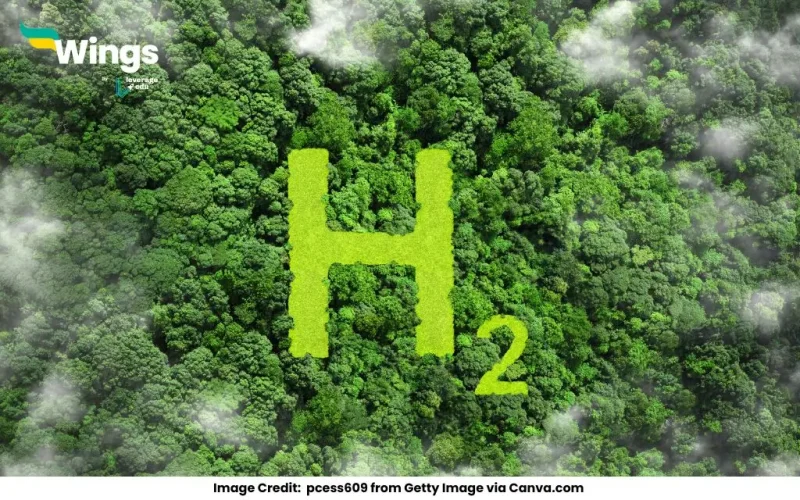Answer: The atomic mass of hydrogen is approximately 1.008 atomic mass units (amu).
Atomic mass is the weighted average mass of an atom of an element, considering the relative abundances of its isotopes. It is expressed in atomic mass units (amu), where 1 amu = 1/12th the mass of a carbon-12 atom.
Complete Answer:
Calculation of Atomic Mass of Hydrogen
The atomic mass of hydrogen is calculated by considering the abundance of its isotopes and their respective masses. Here’s how it works:
Hydrogen has three isotopes:
Protium (¹H): Mass = 1.0078 amu, Abundance ≈ 99.98%
Deuterium (²H): Mass = 2.014 amu, Abundance ≈ 0.02%
Tritium (³H): Mass = 3.016 amu, Abundance ≈ Trace amounts (radioactive)
To find the atomic mass:
i.e., (1.0078 × 0.9998) + (2.014 × 0.0002) + (3.016 × trace)
= 1.008 amu (approx.)
Properties of Hydrogen
Symbol: H
Atomic Number: 1
Atomic Mass: 1.008 amu
State at Room Temperature: Gas
Reactivity: Highly reactive, forms compounds like water (H₂O) and hydrocarbons.
Scientific Fact about Hydrogen
- Hydrogen is the lightest element in the periodic table.
- Around 75% of the universe’s elemental mass consists of hydrogen.
- It was the first element formed after the Big Bang!
Common Doubts in Chemistry


 One app for all your study abroad needs
One app for all your study abroad needs











 60,000+ students trusted us with their dreams. Take the first step today!
60,000+ students trusted us with their dreams. Take the first step today!